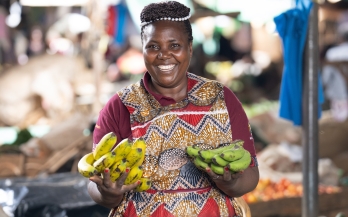

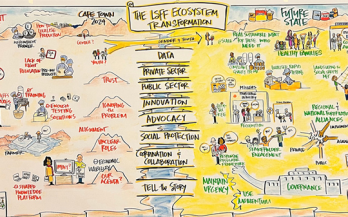
Manifesto for Accelerated Action Convening of Large-Scale Food Fortification Practitioners
Deficiencies in essential vitamins and minerals (micronutrients) cause devastating damage, particularly for children and women of reproductive age, resulting in increased risks of death, disabilities, more severe and longer-lasting illness, and compromised cognitive and physical development and performance and productivity of people and countries.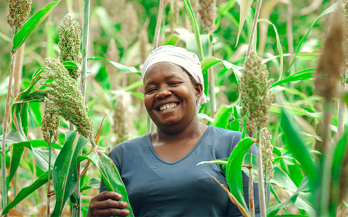
Nutrition for Growth (N4G) Summit
- , France
Built on our efforts at Tokyo N4G, GAIN will try to harness the capacity of the private sector to transform food systems and tackle malnutrition. Businesses large and small are the main drivers behind the action, investment, and financial flows that supply our diets everywhere.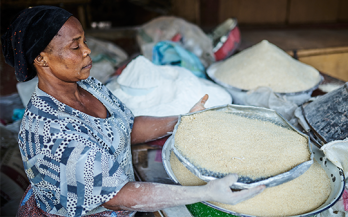
Fortifying Nations: Forging New Alliances for Food Fortification
, Global
In this webinar, we will learn from the experience of advocacy coalitions in Bangladesh, Nigeria, and Ethiopia. Representatives from these efforts will discuss how they have pursued joint action on fortification in their countries, what they have learned from this work, and plans for the future, including plans to utilise the World Health Assembly resolution on food fortification and the global N4G Summit to strengthen national efforts through contributing to significant global moments. The workshop will be a great opportunity to discuss the theory and practice of advocacy for food fortification and strategies to accelerate progress in the coming years.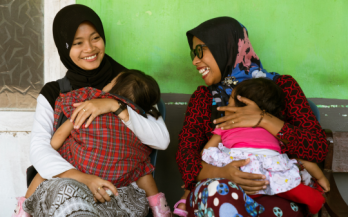
Filling Indonesia’s Micronutrient Gap: The Potential of Fortified Rice in the Social Protection System
Micronutrient malnutrition remains a significant challenge in Indonesia, particularly among impoverished populations who struggle to afford and access nutrient-rich foods. Iron deficiency anemia is especially concerning, affecting 48.9% of pregnant women and 38.5% of children across the country. To address these gaps, the Ministry of Health, in collaboration with the Global Alliance for Improved Nutrition (GAIN), conducted a comprehensive Micronutrient Gap Assessment (MGA). This assessment aimed to evaluate micronutrient intake levels among Indonesians and identify the potential benefits of rice fortification in meeting recommended dietary requirements.
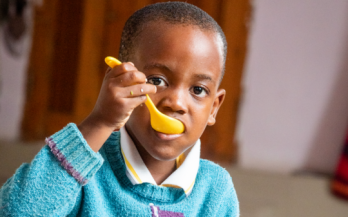
Paving the way to improved nutrition with fortified school meals for students in Tanzania
Around 130’000 school children in Tanzania are benefiting from eating fortified nutrient-dense meals through an initiative led by the Global Alliance of Improved Nutrition (GAIN) to help address the prevalence of chronic malnutrition in the countryWith a population of 64 million, Tanzania suffers from high rates of micronutrient deficiencies with one-third of children deficient in iron and vitamin A. Lack in such micronutrients for teenagers and young adults could impair their growth, learning capacity and development, and put them at risk of non-communicable diseases with consequential impact in later life.
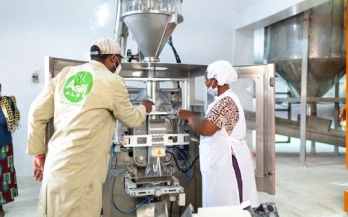
Unmasking Hidden Hunger - How School Feeding Programmes Change Lives
Imagine a classroom filled with eager young minds, ready to embrace the world's opportunities. Now, picture these same children and adolescents, their potential stifled not by lack of ambition, but by an invisible adversary – hidden hunger.
5th International Congress Hidden Hunger: Improving Food and Nutrition Security through School Feeding
- Stuttgart, Germany
The goal of the congress is to present the entire breadth of the topic of daycare and school catering on an international level and to shed light on measures for the nutritional security of children. The further development of effective care and catering programs will be the subject of lectures, panel discussions and workshops.